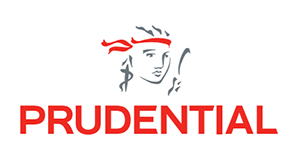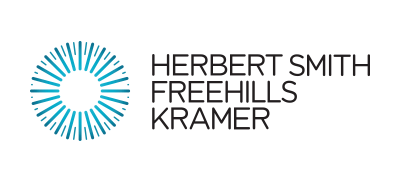TREATMENT & PROTECTION OF FOREIGN INVESTMENTS
Please note that this website was created and last updated in 2019, and so information on this site may now be out-of-date.
INTERNATIONAL CONTEXT
Bilateral Relations
Sierra Leone has concluded three BITs: with Germany (1965); the UK (1981, revised in 2000); and China (2001, not yet in force). These BITs contain standard investment protections such as guarantees of national treatment and fair and equitable treatment and protection against unlawful expropriation. The BIT between Sierra Leone and the UK will not be affected by “Brexit” and whilst the BIT between Sierra Leone and China is not yet in force, there is a deepening relationship between the two countries as evidenced by the signing of a Memorandum of Understanding between the two countries in June 2018 and President Maada Bio’s visit to Beijing in August 2018.
The Sierra Leone Ministry of Finance and NRA are undertaking a review of these existing treaties. Kenya and Qatar have formally requested BITs with Sierra Leone, however these are on hold pending the outcome of the review. The GoSL has also recently established the Sierra Leone-Qatar Business Council to promote inward investment from and economic cooperation with that part of the Middle East.
Sierra Leone has double taxation treaties with South Africa, Norway, and a longstanding arrangement with the UK which was extended pre-independence to include other countries, such as The Gambia, Ghana, Nigeria, Canada, New Zealand and Denmark. In many aspects the domestic rate of withholding tax will still apply to nonresidents despite these treaties. Investors based in jurisdictions other than those with a double taxation treaty will need to consider the potential for double taxation and may need to rely on the tax rules of their own jurisdiction. Such investors should seek specialist tax advice as to whether unilateral relief is available to them.
Multi-Lateral Agreements
On 28 October 2020, Sierra Leone deposited its instrument of accession to the New York Convention with the UN Secretary General. The Convention will come into force for Sierra Leone on 26 January 2021 and will apply to arbitration agreements and awards rendered after that date. Those countries that are party to the New York Convention are required to recognise and enforce arbitral awards made in other New York Convention contracting states with very limited and strictly construed exceptions. For an international investor this means that arbitral awards rendered outside of Sierra Leone may be more easily enforced within the country, and vice versa. The Law Reform Commission has prepared draft legislation which would implement the obligations of the Convention into domestic law.
Sierra Leone is a party to the ICSID Convention. Sierra Leone is therefore able to use the processes established under the ICSID Convention for arbitrating investment disputes and is also bound by the provisions relating to enforcement of ICSID awards. Until Sierra Leone accedes to the New York Convention, ICSID arbitration (where available) may therefore offer a distinct advantage over arbitrations seated outside Sierra Leone under the rules of an institution such as the LCIA or the ICC.
REGIONAL CONTEXT
“National treatment” of ECOWAS member states is based on reciprocity. This covers the entry and establishment of investments and also how they are treated once established. The NRA began implementing the ECOWAS Common External Tariff regime in June 2018, which is intended to harmonise the import and export tariff rates across the ECOWAS member states.
Sierra Leone is a member of the OIC, which was established in 1969 and aims (among other things) to enhance and consolidate economic and trade links between Islamic states. The agreement for the protection, promotion and guarantee of investments among OIC member states contains standard provisions on the treatment of foreign investments and provides for disputes to be resolved through conciliation or arbitration.
DOMESTIC CONTEXT
Following the enactment of the IPA, the Investment Code was implemented in 2005 with the aim of protecting companies investing in Sierra Leone. Under the Code, the GoSL is mandated to promote joint ventures and protect full foreign ownership. The Code safeguards foreign investors against discriminatory economic policies and ensures that foreign ownership and control is not limited.
Sierra Leone’s Constitution protects every person from “deprivation of property without compensation”. This includes foreign and domestic private investors. The Constitution sets out the limited circumstances in which expropriation can take place, including circumstances where it is in the interests of defence, public safety and health or town and country planning, or to promote the public welfare of the citizens of Sierra Leone. The Constitution provides for the prompt payment of adequate compensation in the event of compulsory possession or acquisition of land. Further protections are included under the IPA and Investment Code. There are no records of unlawful expropriation having occurred in Sierra Leone. The NLP, which the GoSL intends to implement, envisages the enactment of new legislation to ensure the compulsory purchase process is transparent and enshrines the constitutional right to compensation in a specific statutory regime. The GoSL has also indicated its intention to remove the “non-native” Sierra Leonean nomenclature which currently exists in legislation; to digitise all plots, streets and roads; and to structure the land policy so as to increase the scope for investments.



